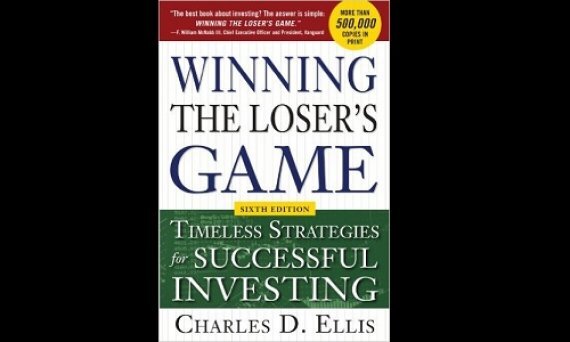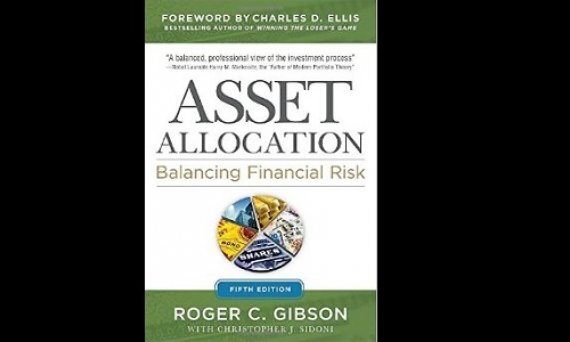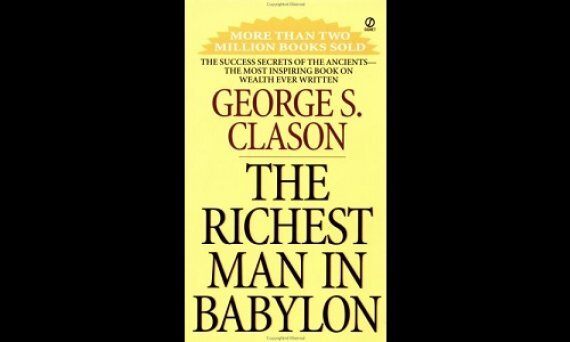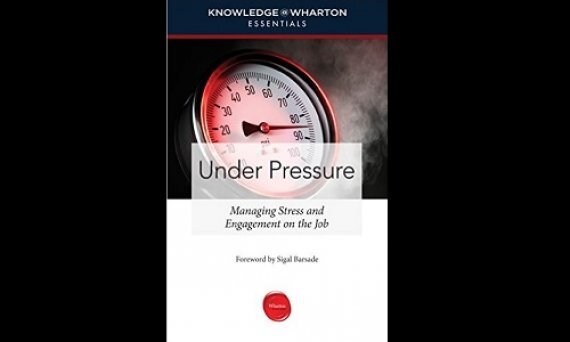
Crash Course: Books Advisors Can Learn From
For the advisor thinking about taking a refresher course or seeking a better understanding of their craft, weve compiled a syllabus geared toward sharpening skills and developing new ones.
Scroll through or click here to view this content in a single page version.

Are You a Stock or a Bond?: Identify Your Own Human Capital for a Secure Financial Future, Updated and Revised
This book can help a young planner broaden their thinking when it comes to helping clients plan for retirement. Some of the best results of financial planning come not just from managing the growth of a portfolio and how best to withdraw those funds, says Eric Sawyer, CFP and director of planning at Texas Tech University. The best ideas come from melding those financial assets with someones human capital because youre not just extending the life of ones portfolio, you may wind up extending a life well-lived.

The 7 Habits of Highly Effective Families
Financial planning is a profession that deals with real people on their level, says Sawyer. Coveys Highly Effective People book is great, but I think this version provides insight into family dynamics.

Winning the Loser's Game, 6th edition: Timeless Strategies for Successful Investing
This is a book fit for anyone who wants to learn about long-term market gains. Its short, elegant and easy to read, says Harold Evensky, CFP, president of Evensky & Katz and Professor of Practice at Texas Tech University. Ive given copies to many clients.

Asset Allocation: Balancing Financial Risk, Fifth Edition
Need to brush up on asset allocation? There is no book to rely on more than this one, according to Evensky. He calls it, The bible on asset allocation.

The Little Book of Common Sense Investing: The Only Way to Guarantee Your Fair Share of Stock Market Returns
When it comes to giving advice, common sense is a critical tool in a planners arsenal. And while Evensky says that all of Bogles books are worth a read, this one is a particular favorite. Just like the title says, its chock full of good common sense, he says.

The Richest Man in Babylon
Not all books planners can learn from are fresh off the presses. This book contains valuable lessons on managing ones finances, says Ron Rhoades, CFP, program director at the Finance Gordon Ford College of Business. This 89-year old text is very impactful on students, advisors and clients alike.

The Incredible Shrinking Alpha: And What You Can Do to Escape Its Clutches
This book highlights an evidence-based approach to achieving excellent long-term returns with less risk, says Rhoades.

Marketing for Financial Advisors: Build Your Business by Establishing Your Brand, Knowing Your Clients and Creating a Marketing Plan
These authors focus on treating wealth management like a small business. To back up their claims made in the book, these Wharton School professors rely on a study of more than 800 advisors.

Under Pressure: Managing Stress and Engagement on the Job
This work is aimed at helping employees understand the issues that they face with their employers, such as global competition, a growing dependence on technology and a lower engagement with peers.





